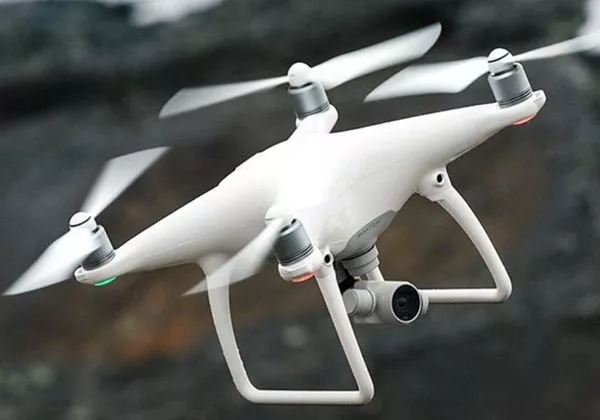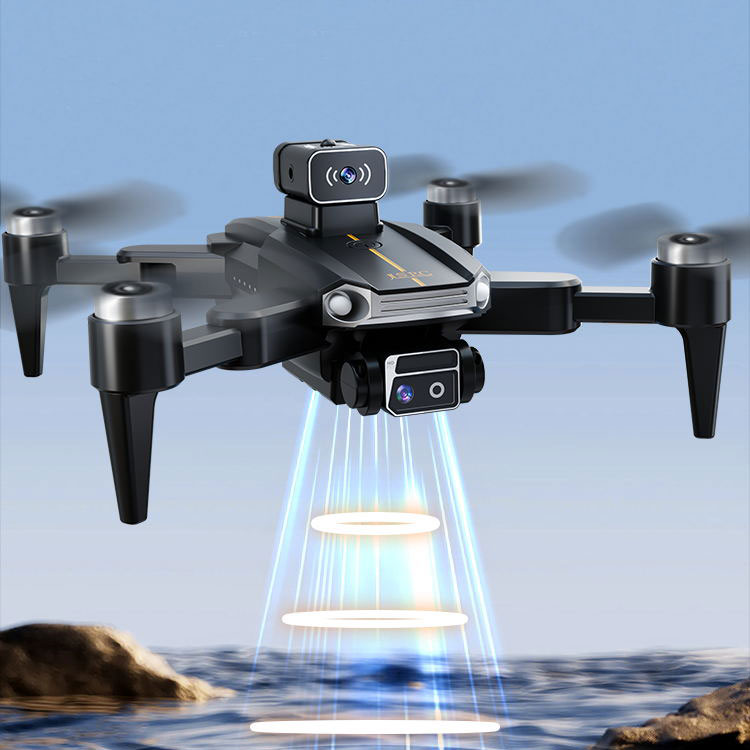A commercial drone license is essential for those intending to operate drones professionally. In the growing world of drone technology, acquiring this license not only opens up career opportunities but also ensures compliance with aviation regulations. Whether you’re a budding drone operator or an experienced enthusiast looking to expand your career, understanding the steps to secure a drone pilot certification is crucial.
Why You Need a Commercial Drone License
Drones have transformed industries such as agriculture, construction, photography, and logistical operations. However, professional or commercial drone usage requires adhering to specific rules established by aviation authorities like the Federal Aviation Administration (FAA). Operating without a license could lead to fines or restricted opportunities.
The FAA’s Part 107 certification allows individuals to legally operate drones for commercial purposes in the United States. This certification proves your knowledge of airspace regulations, drone operation safety, and adherence to professional standards.
Steps to Obtain Your Commercial Drone License
- Meet Eligibility Requirements: Before applying, ensure you meet the minimum age requirement of 16 years, have a government-issued ID, and are fluent in English.
- Learn About Part 107 Regulations: Familiarize yourself with the rules and guidelines for drone usage. Study topics such as airspace classifications, operating requirements, emergency procedures, and weather knowledge.
- Prepare for the Knowledge Test: Part 107 exam tests your knowledge of drone operation and aviation rules. Study guides, online courses, and practice exams are viable ways to prepare.
- Schedule Your Test: Book your Part 107 exam through an FAA-approved testing center. The test fee is generally around $175.
- Pass the Exam: Once you’ve successfully passed the test, you’ll receive your certification. Ensure you maintain compliance with FAA regulations at all times.
How Long Does It Take to Get Certified?
While individual preparation times may vary, most candidates complete their certification in a span of 4-6 weeks. Timeline depends on your study schedule, availability of testing centers, and familiarity with aviation concepts.
Renewing Your Commercial Drone License
It’s essential to renew your Part 107 certification every 24 months to keep your license active. The renewal process involves completing a recurrent knowledge training or retaking the exam.
Costs and Investments
The primary cost involved in obtaining your commercial drone license lies in training materials and the testing fee, totaling around $200-$300. Additional costs like drone insurance, equipment upgrades, or compliance tools might arise depending on your needs.
Common Mistakes to Avoid

- Neglecting to study airspace classifications, which is a critical component of the exam.
- Failing to update and renew your certification on time.
- Using a drone for commercial purposes without proper certification, risking fines or legal consequences.
FAQs About Commercial Drone Licenses
- Do I need a pilot’s license to operate a commercial drone?
- No, you only need a Part 107 certification to legally operate drones for commercial purposes.
- Can I operate a drone outside my country with a U.S. license?
- You’ll need to check the specific regulations of the country you’re visiting. The U.S. license may not be valid internationally.
- What type of drones require a license?
- Any drone weighing between 0.55 lbs (250 grams) and 55 lbs requires certification for commercial operation.

Obtaining a commercial drone license is a straightforward but important process. With the right preparation, you can not only pass the exam but also explore the endless opportunities available in industries dependent on drone technology.
